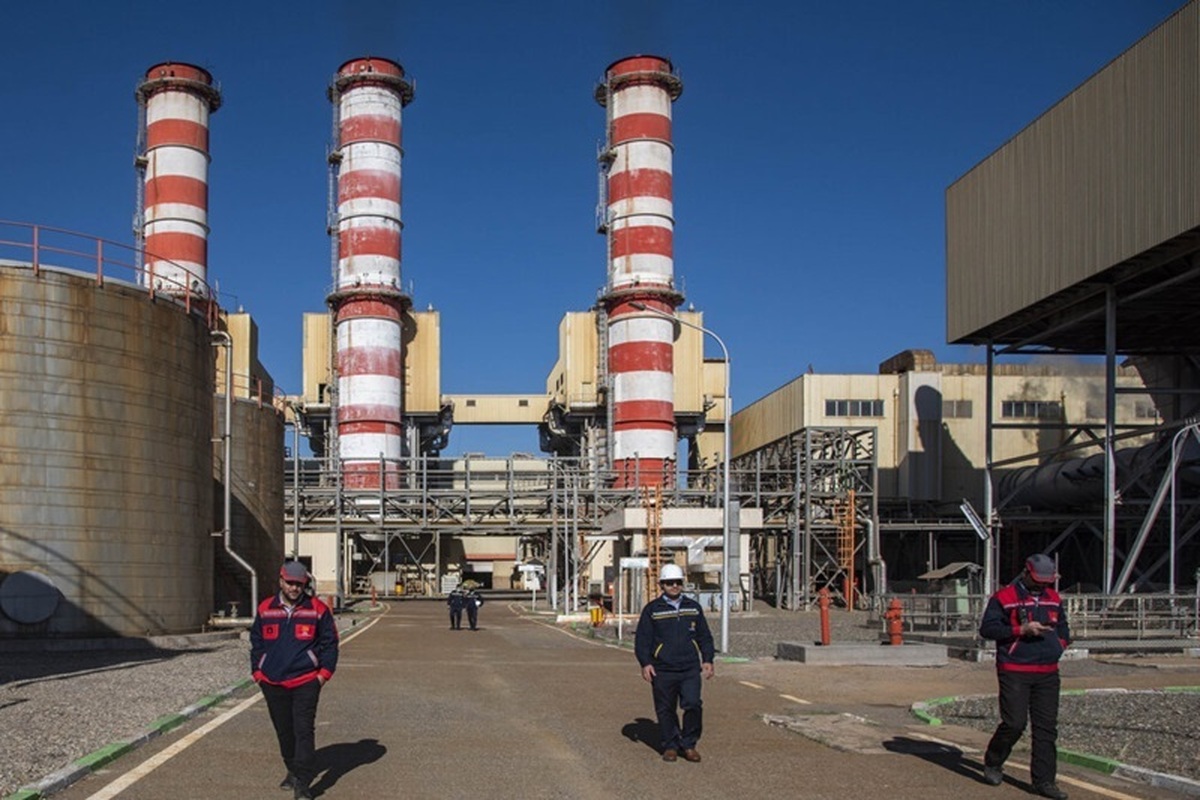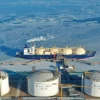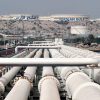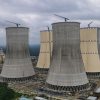The Director of Integrated Planning at the National Iranian Gas Company said: “The future of energy in Iran cannot be managed with the current structure; we are in need of serious changes.”
The Director of Integrated Planning at the National Iranian Gas Company stated: “The future of energy in Iran cannot be managed with the current structure; we are in need of serious changes.”
Saeed Pak-Saresht, speaking on Tuesday at a meeting to discuss the challenges of drafting and supervising regulations for consumption pattern reform and its impact on the gas imbalance, emphasized the necessity of diversifying the country’s energy basket. He continued: “We cannot rely solely on a single energy carrier. We must move toward a diverse basket of carriers, and in this process, both cultural development and planning are required.”
He went on to criticize the flawed structure of energy governance in the country, adding: “To manage the energy consumption crisis, we need a powerful and independent institution.”
The Director of Integrated Planning at the National Iranian Gas Company noted: “Whether this powerful institution is a new ministry or a strategic organization does not matter; many of the current laws either lack enforcement guarantees or cannot be implemented within the existing structure.”
Pak-Saresht said: “Today, social understanding has changed compared to 2009 and 2010, and public comprehension of the energy crisis is much deeper. At that time, much effort was made to implement a percentage of the laws, but the results were limited. Today, although we are closer to the defined outlooks, structural problems still persist.”
He added: “Lawmakers say that any law that is not implemented must have a flaw. Now we need to examine whether the problem lies with the law itself or with the implementers. In my opinion, the flawed governance structure is one of the main reasons for these failures.”
The Director of Integrated Planning at the National Iranian Gas Company, noting that the discussion on establishing a Ministry of Energy has been ongoing and is currently under review in parliamentary commissions, said: “This need is so serious that it has been raised several times in the meetings of the Supreme Energy Council, but we have not had any effective outcomes.”
Pak-Saresht continued: “The 10 to 15-year history of the Supreme Energy Council shows that many of its approvals have not been binding. We approved the natural gas balance document several years ago, but we are still facing shortages. Although we have progressed ahead of schedule in some areas, public expectations have not been met.”
Independent Regulation; A Necessity for Gas Market Development
Regarding regulation in the energy market, he stated: “If we want to develop the energy market, especially the gas market, we must have an independent regulator. This institution must be able to carry out its duties without government interference and based on consumer interests.”
He continued: “The issue of an energy operator has also been raised today, and many countries have used regulatory experiences to develop their energy markets. We must localize this experience. This is one of the key tools for market development and consumption optimization.”
Inefficient Policies and Price Controls, Obstacles to Transformation
The Director of Integrated Planning at the National Iranian Gas Company, pointing out that many policies in the energy sector are not effective, said: “We have a comprehensive set of macro policies, but in practice, we have not achieved results. One of the main reasons is price controls and sometimes populist or rent-seeking decisions.”
Pak-Saresht added: “This situation must be corrected, and this criticism is not directed at any particular government.”
The Need to Revise Laws and Strengthen Social Capital
He considered one of the solutions to be the revision of laws and regulations, and continued: “Laws must be updated because, alongside international issues, we also face a lack of transparency in domestic laws. Therefore, to overcome this crisis, we must strengthen transparency and social capital.”
The Director of Integrated Planning at the National Iranian Gas Company added: “On this path, elites and experts must play a serious role. Effective policymaking is only possible when it has social and scientific backing.”






